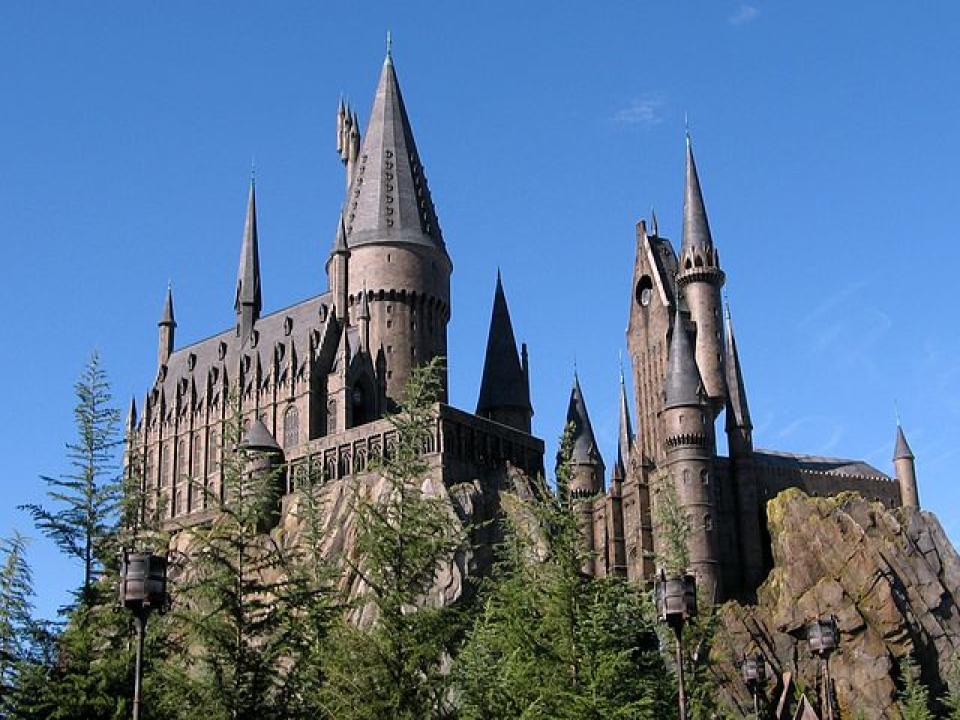Within our world, there is a singular story that has touched the hearts of many, a story that has shown the importance of bravery and courage—one that is known by many alike as one of the best book series turned cinematic films of all time. What is being described is the story of Harry Potter, the boy who lived. The boy who fought against the most cruel, evil force of the Wizarding World.
Most people immediately think of Voldemort as the wrongdoer of the story, which, in many ways, is true. Not only was Voldemort a cold-blooded killer, but he had no soul—considering his inability to cast a Patronus charm. One of the only things known in the Wizarding World is that Voldemort had to be destroyed.
Although Voldemort was evil, another individual used manipulative tendencies and secrecy to shield his “terrorist” all-or-nothing ideas. Professor Dumbledore was illustrated as a hero in both the novels and the films, fighting against Voldemort and protecting his dear students. Thus, Dumbledore’s intentions were pure, right? Alas, no, concerning evidence draws different conclusions.
From the moment Harry Potter discovered he was a wizard, to the moment Harry Potter became an adult and left Hogwarts, Dumbledore had been carrying out a plan. The goal of such a plan was similar to sending a lamb to the slaughter. As far as Dumbledore was concerned, Harry Potter needed to die for the betterment of the Wizarding World.
First and foremost, Dumbledore constantly showcased manipulative behavior amongst those around him to achieve his set purpose. Sometimes, this meant selective sharing of information and secrecy. For instance, Harry Potter often felt the blunt force of this secrecy when crucial information was withheld from him, almost killing him at times.
Also, let’s not forget Dumbledore’s “hesitation” to reveal the true nature of the Deathly Hallows and his past affiliations with Grindelwald. Some may view this secrecy as a way to achieve power, but realistically, this shows that Dumbledore and Voldemort are more alike than different.
To give credit where credit is due, Dumbledore did, in fact, sacrifice for the greater good of the Wizarding and Muggle world identical. However, at what cost? Take the Dursleys, the most disliked family in the story. Dumbledore puts them in harm’s way while pondering how to “save the world” by using a human child (Harry Potter) as his weapon. For example, Dementors attacked Dudley, and Harry had to use a Patronus charm to save his life, almost risking expulsion from Hogwarts—a terrifying turn of events in a situation Dumbledore created.
Dumbledore was a brilliant, talented wizard who was not an evil soul. However, do not be dismayed because not every villain in this story was a Death Eater or a follower of Voldemort. Not every villain is entirely evil; it is simply the performance of the individual that determines the judgment of their character.
After all, was it not Dumbledore who said, “It is our choices that define who we truly are.?’ Dumbledore said it himself, and Dumbledore’s actions show an antagonist no one saw coming.



